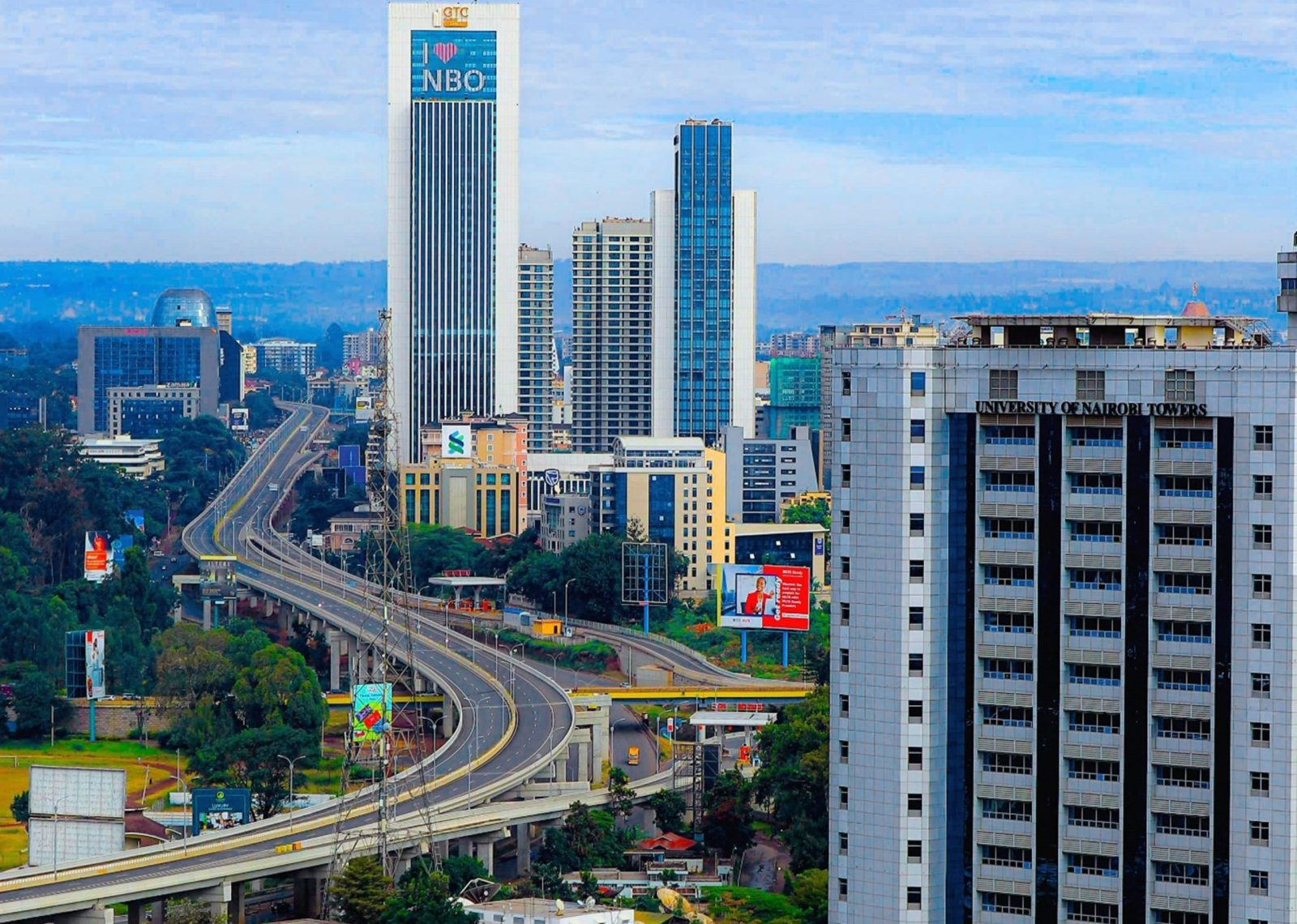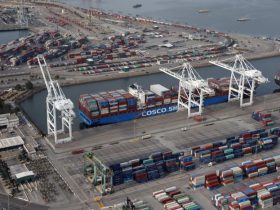
Kenya’s main businesses
Kenya’s economy is diverse and driven by several key sectors, each contributing significantly to the nation’s GDP and employment. Below are the main businesses that shape Kenya’s economic landscape:
1. Agriculture
Agriculture is the backbone of Kenya’s economy, employing over 70% of the rural population and contributing about 30% of the GDP. Key agricultural products include tea, coffee, horticulture (flowers, vegetables, and fruits), and maize. Kenya is one of the largest tea exporters globally, with its high-quality produce reaching markets in Europe and Asia. Livestock farming, especially in arid and semi-arid regions, also plays a vital role, with beef, dairy, and poultry industries being significant contributors.
2. Tourism
Tourism is one of Kenya’s most iconic industries. Known for its wildlife safaris, national parks (such as Maasai Mara and Amboseli), and coastal resorts, the tourism sector is a leading foreign exchange earner. Visitors are drawn to Kenya for its biodiversity, rich culture, and adventure experiences. The industry also creates substantial employment opportunities in travel, hospitality, and service sectors.
3. Technology and Innovation
Kenya is recognized as a technological hub in Africa, often referred to as the “Silicon Savannah.” Mobile money platforms like M-Pesa have revolutionized financial inclusion in the country, influencing other regions globally. Nairobi hosts many tech startups, incubators, and international firms focusing on software development, fintech, and e-commerce.
4. Manufacturing
The manufacturing sector contributes around 10% of Kenya’s GDP, producing goods such as processed foods, beverages, textiles, cement, and steel. Agro-processing, which adds value to agricultural produce, is a major component of this sector. The government has focused on expanding industrial parks and export processing zones to attract foreign investment and promote exports.
5. Energy and Renewable Resources
Kenya has emerged as a leader in renewable energy, particularly geothermal, wind, and solar power. Geothermal energy, harnessed from the Rift Valley, supplies a significant portion of the country’s electricity. Investments in clean energy have positioned Kenya as a model for sustainable development in Africa.
6. Financial Services
Kenya has a robust financial services sector with banks, insurance firms, and investment companies playing crucial roles. The Nairobi Securities Exchange (NSE) is one of Africa’s leading stock markets, attracting local and international investors. Innovations in mobile banking and fintech have enhanced access to credit and savings for millions of Kenyans.
7. Real Estate and Construction
Urbanization and population growth have driven the real estate and construction sectors. Projects include residential housing, commercial spaces, and infrastructure like roads, railways, and airports. Key initiatives like the LAPSSET Corridor and affordable housing programs have spurred investment in construction.
8. Mining and Natural Resources
Although relatively underdeveloped, the mining sector is growing, with potential in minerals like gold, titanium, limestone, and soda ash. Oil exploration in Turkana County and offshore reserves have also attracted international interest.
9. Retail and Wholesale Trade
Kenya’s retail market is expanding, supported by a growing middle class and urbanization. Modern retail outlets like supermarkets and malls coexist with informal markets. E-commerce platforms are also gaining traction, fueled by improved internet penetration and mobile money services.
Conclusion
Kenya’s economy thrives on its diversity, with each sector contributing uniquely to its development. The government’s focus on Vision 2030, emphasizing industrialization, infrastructure, and innovation, further strengthens the business environment. By leveraging its resources and entrepreneurial spirit, Kenya continues to position itself as an economic powerhouse in the region.



Leave a Reply